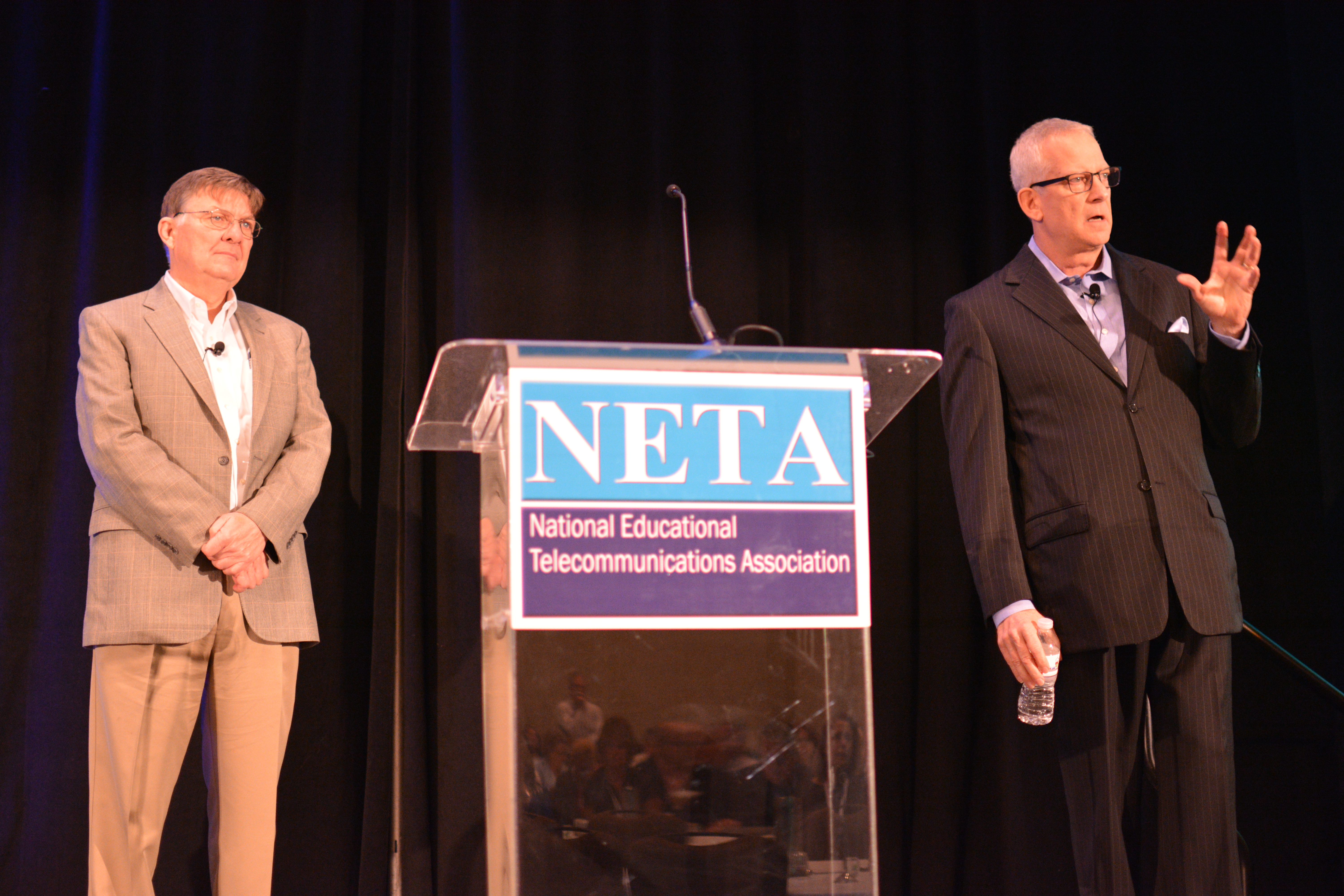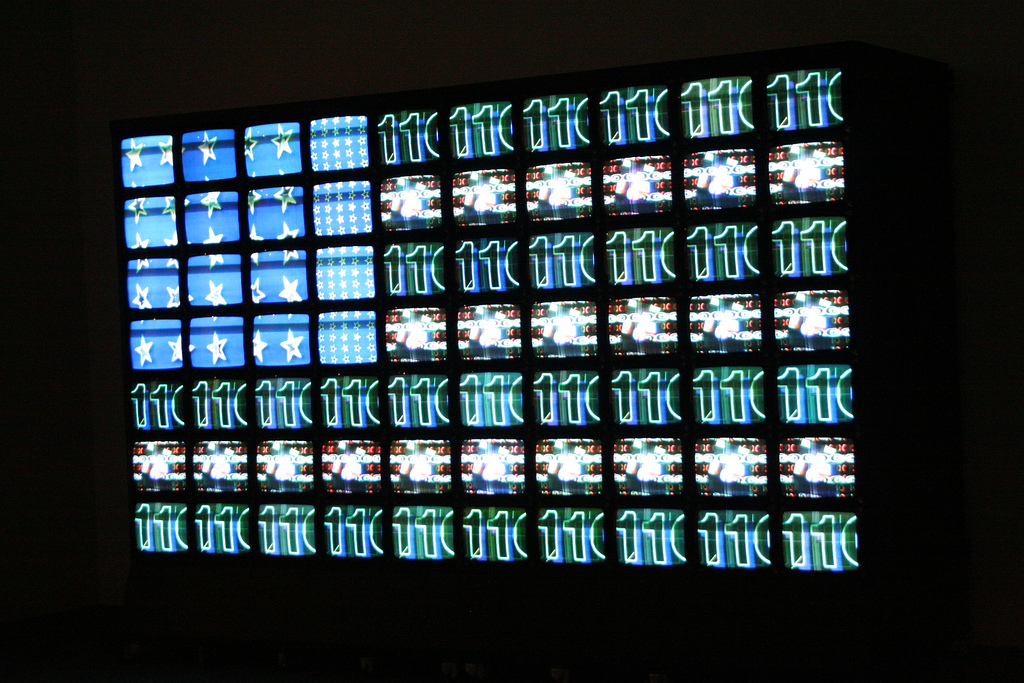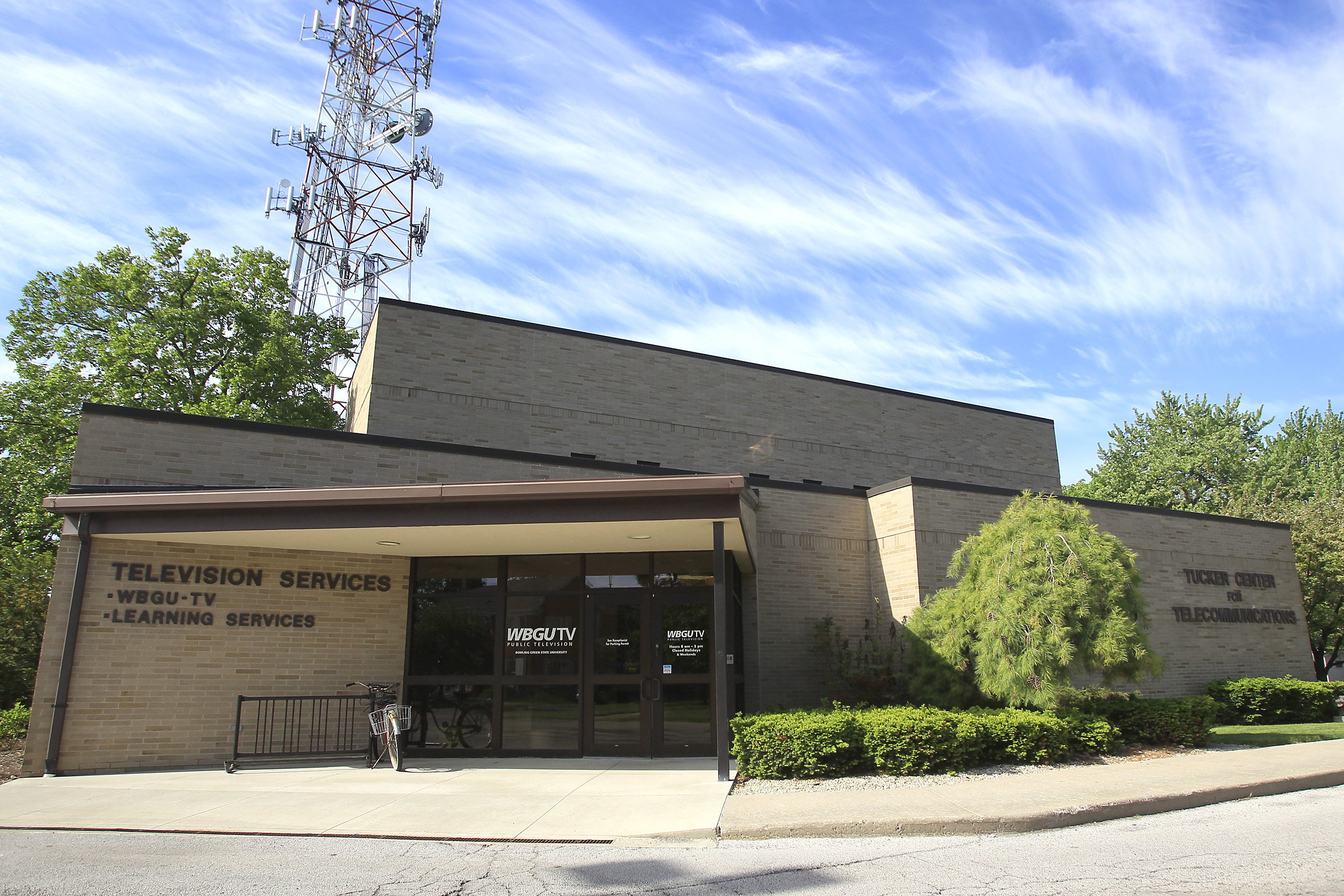The FCC Spectrum Auction
Results of the FCC spectrum auction were released in April 2017, with dozens of public media licensees earning close to $2 billion by selling their spectrum for use by wireless companies. The aftermath is still playing out, with many TV and radio stations required to move to new spectrum, and some TV stations that sold spectrum seeking to stay on the air through channel-sharing deals. Stay up to date with our ongoing coverage.
In spectrum auction, stations advised to take skeptical view of opening bids
Consultants say opening bid amounts are unlikely to reflect what stations could actually receive.Board OKs channel-share or VHF move for Ohio station in spectrum auction
The Bowling Green State University Board of Trustees unanimously authorized the university to “maximize the potential revenue” from the auction without completely ...Board to decide on WBGU-TV spectrum auction plan Friday
If WBGU sells its spectrum, the nearby city of Lima and its surrounding counties would no longer receive a public TV signal.Minority, public TV viewers face greatest threat in FCC auction
The news of Sesame Street’s move to HBO is not the only indicator that an economic divide may be widening within the American viewing ...Stations moving to VHF should receive equal treatment in auction, pubcasters tell FCC officials
Public broadcasters met with FCC Chair Tom Wheeler and other commission officials Monday.FCC declines to protect public TV in 2016 spectrum auction
In a ruling issued Friday, the FCC also denied a petition to protect TV translators, which many rural stations use.WBGU-TV may auction spectrum; could leave part of Ohio without PBS
The board of trustees for Bowling Green State University approved an administration request to explore participation in the FCC’s spectrum auction.FCC to provide spectrum bids to stations by September, CPB Board hears
Stations have 60 days from receiving bids to declare whether they will participate in the auction, set for mid-2016.A CPB board member urges pubmedia to fill void in local news
“Local journalism is a niche that is being neglected by the commercial marketplace.”Court denies NAB challenge to aspects of spectrum auction
FCC Chair Wheeler said the decision provides "the certainty necessary to proceed apace toward a successful auction in the first quarter of ...






